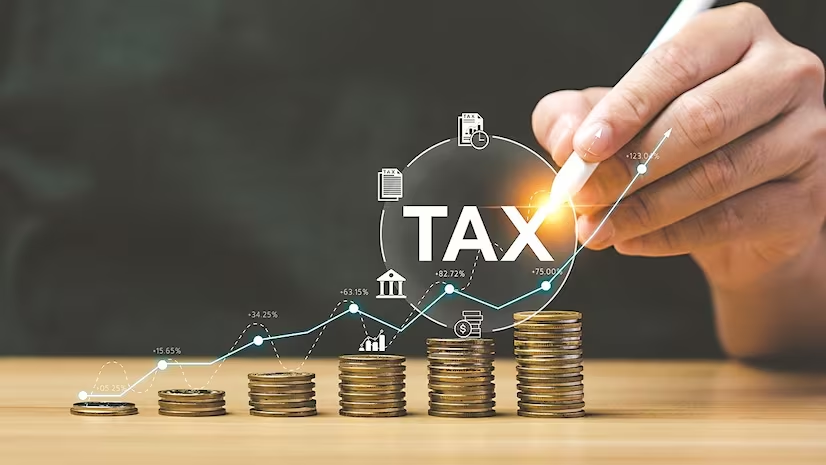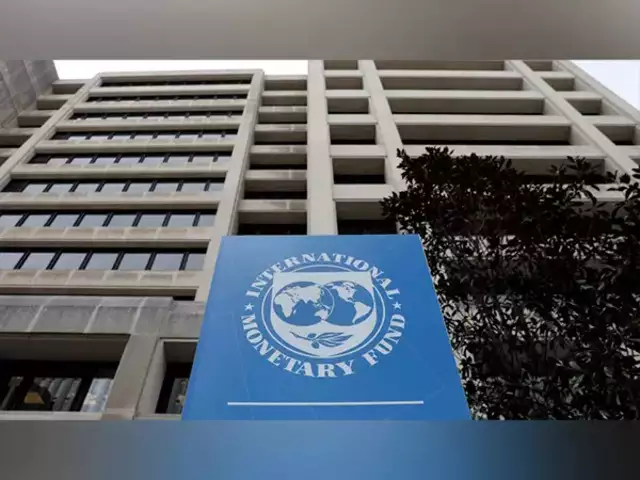Mohsin Siddiqui (Chief Reporter)
The Senate Standing Committee on Finance has requested detailed information from the Federal Board of Revenue (FBR) regarding educational and health institutions that receive exemptions from income tax, sales tax, federal excise, and customs duties. This demand comes as part of an ongoing effort to ensure transparency and proper use of funds within these sectors.
During a meeting chaired by Senator Saleem Mandviwalla on Tuesday, the committee focused on the various tax exemptions granted to educational and health institutions. The FBR chairman explained that these exemptions are provided to non-profit entities whose revenues are reinvested into institutional expansion. The committee emphasized the need for strict monitoring to ensure that the funds are utilized appropriately. They requested a comprehensive list of institutions benefiting from these exemptions to ensure transparency and accountability.
The FBR chairman also updated the committee on the status of budget recommendations made by the Finance Committee. Out of 96 recommendations, 49 were related to the Finance Act, with 22 already implemented and 14 fully executed. Only nine recommendations concerned the Finance Division, while the remainder were linked to the FBR.
Senator Farooq H. Naek raised an objection to the imposition of tax on stationery, arguing that the FBR had not effectively represented Pakistan’s case to the International Monetary Fund (IMF). He stressed the importance of affordable education, highlighting that a significant number of children in Pakistan are currently out of school. The FBR responded that the IMF opposed tax exemptions on stationery, which led to further debate on the issue.
The committee also reviewed the status of officers assigned as officers on special duty (OSD). It was informed that no officers had been on OSD in the past two years. Concerns were raised over alleged lists of officers being sent to OSD by the Prime Minister’s Office without sufficient evidence. The FBR clarified that officers are not placed on OSD without substantiated evidence or disciplinary proceedings. Additionally, the FBR chairman announced his decision to take early retirement for personal reasons, suggesting an in-camera meeting to discuss the matter further.
The committee resolved to dispose of several government bills, including “The Deposit Protection Corporation (Amendment) Bill, 2024,” “The Banking Companies (Amendment) Bill, 2024,” and “The Equal Scales of Salary and Allowances Bill, 2024.” They advised that these bills be reintroduced by the new government, as the interim government does not have the authority to amend the constitution. The committee also ratified the nomination of Senator Zamir Hussain Ghumro to the FBR Policy Board.
The State Bank of Pakistan (SBP) requested an in-camera meeting to discuss measures to prevent money laundering related to solar panel imports. The committee deferred the discussion on suspicious banking transactions, directing the Financial Monitoring Unit (FMU) to provide a detailed briefing on the legal criteria for identifying suspicious transactions. Concerns were raised about the potential misuse of suspicious transaction reports (STRs), with approximately 1,600 STRs reported this year.
The committee also addressed the issue of hydrocarbon solvents’ import, following complaints from the Federation of Pakistan Chambers of Commerce and Industry (FPCCI). Alamgir Durrani, a representative from the FPCCI, highlighted that more than 500 consignments of aliphatic solvent and other petrochemicals remain unreleased from the MCC Appraisement Quetta despite having paid all duty taxes and submitted the required lab reports. This issue, he stated, has persisted for over 20 years and needs immediate resolution.
The committee expressed surprise that such issues had been ongoing for so long without resolution and called for the FBR to clear existing consignments while providing adequate time for importers to comply with the regulations. The chairman noted that such decisions negatively impact the economy and stressed the need for a balanced approach.
The committee suggested that the product should be classified as a petroleum product and referred the matter to the Ministry of Commerce for appropriate handling. This action aims to streamline the import process and ensure fair practices within the industry.




